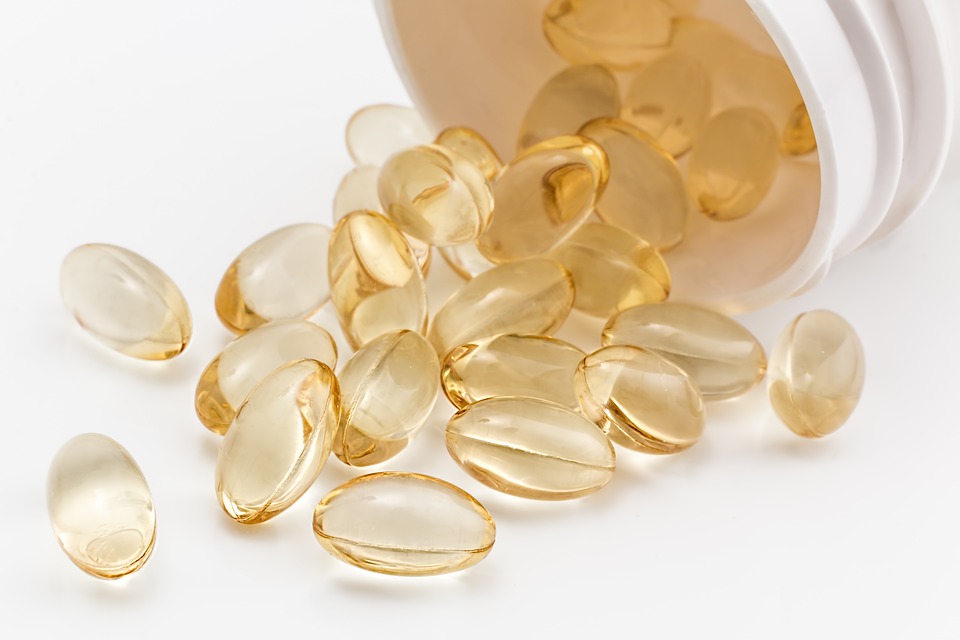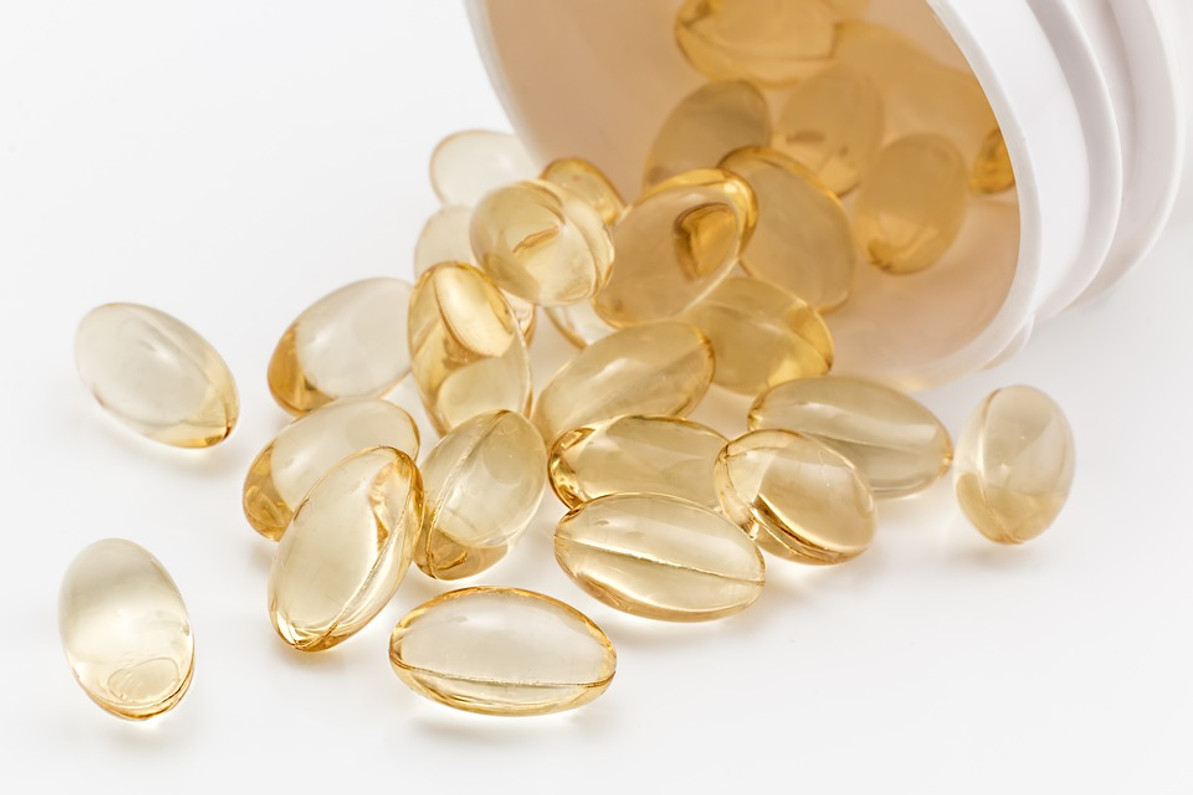Are Melatonin Supplements a Safe Sleep Aid?

How many hours of high-quality sleep do you typically get at night? It's no secret that the amount, as well as quality, of sleep you get will affect your overall health. Unfortunately, statistics show 50 million to 70 million U.S. adults suffer from a sleep disorder. If you're among this crowd, you might be wondering whether a melatonin supplement is a safe and effective sleep aid.
What Is a Melatonin Supplement?
A melatonin supplement is a type of oral supplement that contains the hormone melatonin. Melatonin is produced naturally in the pineal gland. It's used by our bodies to regulate the sleep-wake cycle, leading many people to believe that taking a melatonin supplement will help them sleep at night
Yes, a Melatonin Supplement Can Help You Sleep
As a sleep aid, melatonin supplements are pretty effective. According to one study, people who took a melatonin supplement at bedtime were able to fall asleep six minutes faster than their counterparts in the control group who didn't take a melatonin supplement. Other studies have shown that people stay asleep longer after taking a melatonin supplement.
Why You Shouldn't Take a Melatonin Supplement Each Night
While there's nothing wrong with taking a melatonin supplement on occasion, you shouldn't take it each and every night. What's wrong with taking melatonin supplements on a daily basis? The problem is that taking them too often causes your body to produce less melatonin.
As previously mentioned, melatonin is produced naturally in the pineal gland. If you take a melatonin supplement, though, your body won't need to produce this hormone. As a result, taking a melatonin supplement each night may lead to dependence. If you stop taking the melatonin supplement, your body will have abnormally low levels of melatonin, which will likely interfere with the quantity and quality of your sleep.
Other Ways to Improve Your Sleep
Rather than resorting to a daily melatonin supplement, you should consider other ways to improve your sleep. Taking a hot bath at night, for example, can help you relax and, therefore, fall asleep faster.
Of course, you should avoid caffeine for at least three hours before you intend to lie down and go to sleep. While commonly found in a variety of beverages, as well as foods, caffeine is a powerful stimulant that can inhibit your body's ability to fall asleep.
Recent Posts
-
Fire Safety in the Workplace: What You Need to Know
What steps are you taking to prevent fires in your workplace? According to the U.S. Occupational Saf …Aug 23rd 2023 -
Is It Safe to Go Jogging With a Cold Infection?
If you're suffering from a cold infection, you might be wondering whether it's safe to go jogging. T …Aug 22nd 2023 -
5 Safety Tips to Follow When Using a Powder-Actuated Tool
Powder-actuated tools are commonly used to join materials to steel and concrete. Also known as Hilti …Aug 20th 2023




